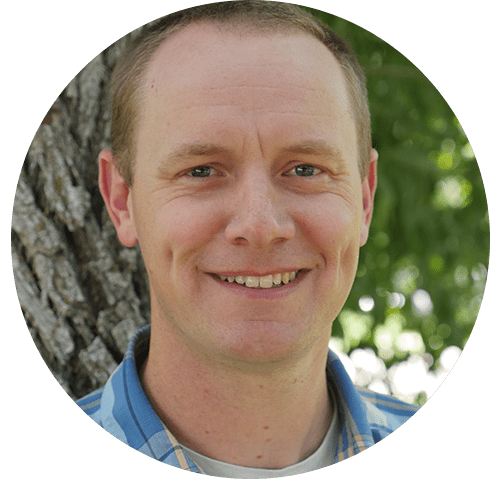Finding and Writing Grants to Connect Students to SEL Resources
Why Collaboration and Connection are Keys to a Successful SEL Roll Out
Truly impactful initiatives require the involvement of many parts of our education systems working together, especially when the social emotional needs of students are concerned. Come listen to our panel of experts that have many years experience with successfully writing grants and understanding what grant organizations are looking for. In this webinar you will hear them share how we can identify funding needs, look for ways to collaborate with community partners, establish a data driven or supported approach, and build support with school/organizational leadership.
Panelists
Dr. Gregg is a lifelong native of East Tennessee. During her career, she has served as an elementary classroom teacher, a kindergarten-8th grade school counselor, Project Director for multiple TRIO programs at the University of Tennessee, Knoxville (UTK) and has taught at multiple institutions of higher education. She is currently Assistant Professor of Education at Carson-Newman University. At UTK, Dr. Gregg worked with a variety of U. S. Department of Education grant projects where she managed multiple programs serving low-income/first generation students, wrote grant proposals, and provided professional development to teachers and schools across the state. She is a frequent presenter on experiential education and on strategies to support academic aspirations of at-risk students. She has been a contributing writer to multiple publications, including Finding Funding: Grantwriting From Start to Finish (5th Edition), 2008. Dr. Gregg also serves as a peer reviewer for the U.S. Department of Education discretionary grant competitions. Her specialty areas include multicultural education, educational partnerships, grant writing, and instructional strategies. Additionally, Dr. Gregg serves as a Site Reviewer with the Tennessee Department of Education, working as part of a team that reviews Education Preparation Programs and makes recommendations for their accreditation.
With nearly three decades of classroom and administrative experience in both urban and rural settings at the K-8 level (five years teaching a self-contained 7/8 combination class in Oakland, CA), and over 20 years as a high school AP US and European History teacher, US History teacher, English teacher and Dean of Students/Discipline Jack Bareilles brings a wealth of classroom and administrative experience to the education grant process. Since 2006 he has served as Northern Humboldt Union High School District Grants and Evaluation Administrator and has directed and evaluated nearly 100 state and federal grants for his school district, nearby districts and districts as diverse as Los Angeles Unified and the American Samoa Department of Education. Jack also serves as Northern Humboldt’s Foster and Homeless Youth Liaison, Career Technical Education and Indian Education Administrator and actively supports student mental health initiatives across the region. Jack holds a Masters in Social Science with an emphasis in US History, a California Administrative Credential, and teaching credentials in History/Social Science, English/Language Arts, Life Science, and Multiple Subjects and Career Technical Education.
Jason is a licensed school psychologist and has published research on resilience and student performance. Jason is a passionate advocate for disadvantaged students and currently consults and trains educators across the nation as the director of training and research for the WhyTry organization. Jason is a thought leader on resilience education and has spoken at hundreds of conferences around the country. He has led successful implementations of all WhyTry programs and has pioneered trainings for clients in healthcare, corporate, and the US Military.



